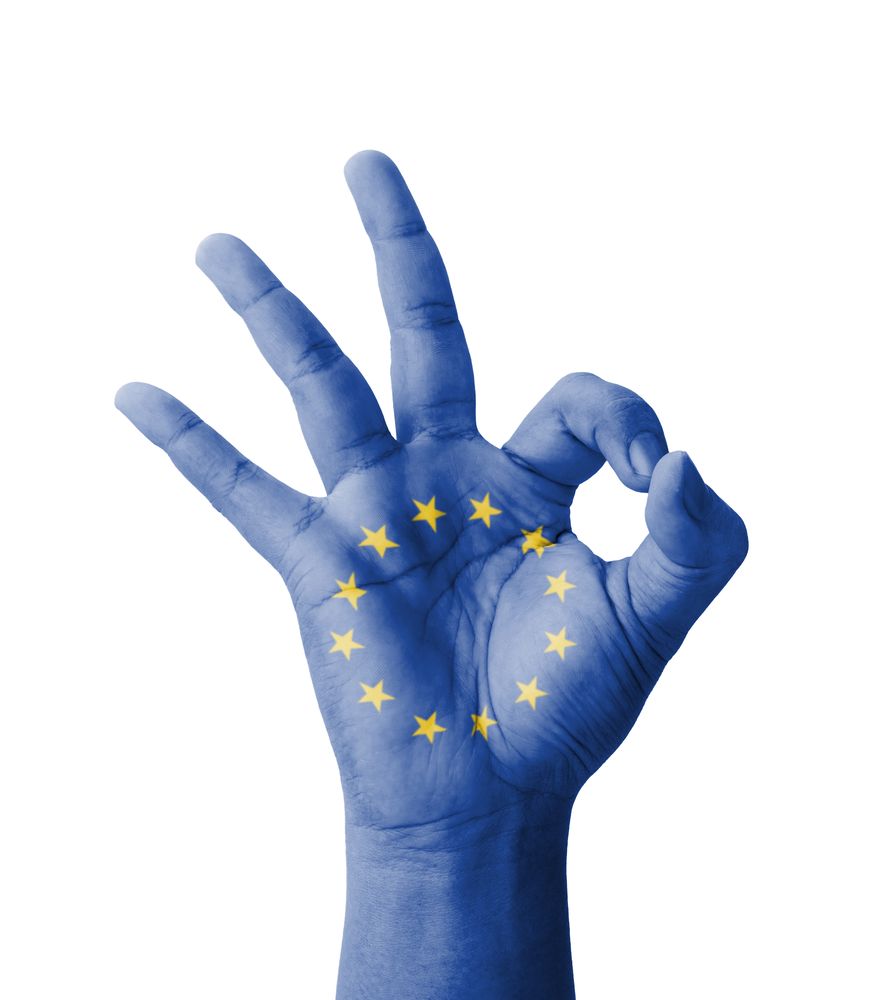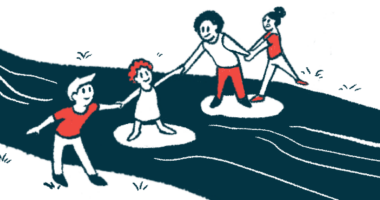Benlysta Approved in Europe for Children with SLE Starting at Age 5

The European Commission has approved the use of intravenous Benlysta (belimumab) as an add-on to standard therapy for children ages 5 and older with systemic lupus erythematosus (SLE) and high disease activity.
“This approval means that for the first time in Europe these children can be treated with a biologic therapy specifically developed and approved for their disease,” Hal Barron, MD, chief scientific officer and president of R&D at GlaxoSmithKline (GSK), which markets the therapy, said in a press release.
It is estimated that up to 6,000 children, 5 to 17, in the European Union have SLE. “Children with lupus typically have more severe disease and earlier onset of organ damage than adults, but until now their treatment options have been limited,” Barron added.
Alain Cornet, general secretary of Lupus Europe, a charity supporting people with lupus, called the decision “great news for the lupus community in Europe and particularly for young people affected and their supportive families.”
The approval follows a recent positive opinion by the Committee for Medicinal Products for Human Use (CHMP), an arm of the European Medicines Agency.
SLE is characterized by immune B-cells wrongly producing autoantibodies that attack the body’s own proteins and DNA.
Benlysta is a monoclonal antibody that works by blocking the activity of the B-lymphocyte stimulator (BLyS), a protein involved in B-cell differentiation and in the production of autoantibodies linked with lupus. By targeting BLyS, Benlysta reduces the number of dysfunctional B-cells and suppresses B-cell differentiation into antibody-producing cells.
Benlysta’s intravenous (into the vein) formulation was initially approved as an add-on therapy for adult SLE patients with active and autoantibody-positive disease in both the E.U. and the U.S. in 2011. A self-administered, subcutaneous — under-the-skin — formulation has been available for adult patients in the EU and the U.S. since 2017. Japan approved both formulations in the same year.
This extension of intravenous Benlysta to children with active and autoantibody-positive SLE in Europe follows recent identical extensions in the U.S. and Japan, all based on results from the PLUTO Phase 2 trial (NCT01649765)
This multi-center, double-blind study evaluated the safety, pharmacokinetics, and effectiveness of adding Benlysta to standard therapy in 93 children with active SLE, 13 between the ages of 5 and 11 and 80 who were 12 to 17 years old. (Pharmacokinetics refers to how a compound is absorbed, distributed, metabolized, and eliminated by the body.)
Participants were randomly assigned to either intravenous Benlysta (10 mg/kg) or a placebo, both given with standard therapy.
Results after one year of treatment showed that the proportion of children achieving a clinically meaningful reduction in disease activity — assessed by the SLE Responder Index — was significantly greater with Benlysta (52.8%) than with a placebo (43.6%).
Benlysta-treated children were also 62% less likely to have severe disease flares and remained free of such attacks for longer periods (median of almost 160 days) compared with those given a placebo (82 days).
The safety and pharmacokinetics of Benlysta were consistent with that reported in adults with SLE. Fewer children on Benlysta, compared to placebo, had more than one adverse event (79.2% vs. 82.5%) or a serious adverse event (17% vs. 35%).






